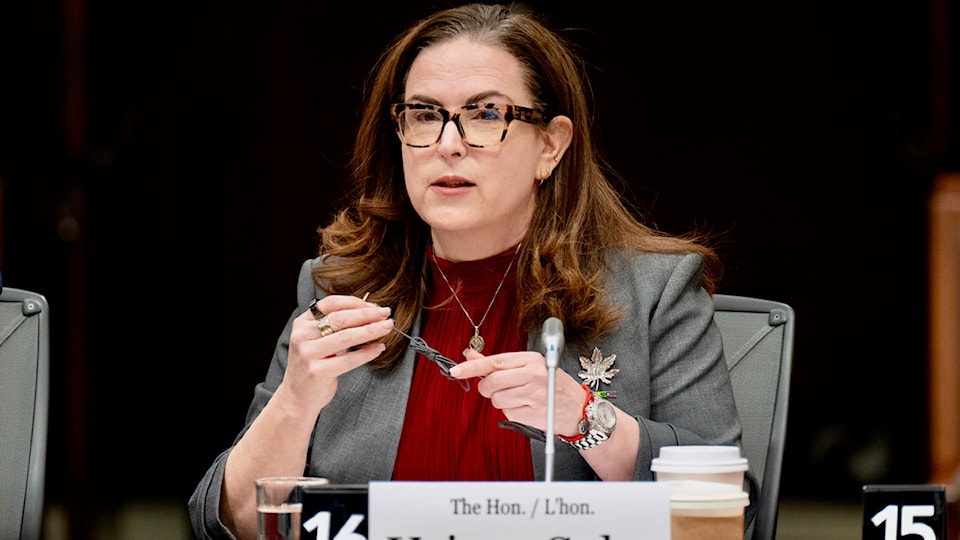The federal government officially denied Toronto’s request to decriminalize small amounts of illegal drugs for personal use on May 17.
Minister of Mental Health and Addictions Ya'ara Saks rejected the request due to concerns regarding public health and safety, according to a statement released by Health Canada on Friday.
"The overdose crisis is one of the most serious and unprecedented public health threats in Canada's recent history,” the statement said. “It is driven by the illegal drug supply, which is unpredictable, rapidly changing and growing increasingly toxic.”
The list of concerns registered in the statement includes the feasibility and ability of law enforcement to carry out the changes and protect the youth, as well as the lack of support from the Province of Ontario.
Last week, Ontario’s Health Minister Sylvia Jones and Solicitor General Michale Kerzner said in a letter to Dr. Eileen de Villa, Toronto’s Chief Medical Officer of Health that Ontario’s government would not support Toronto Public Health’s application to decriminalize illegal substances.
De Villa released a statement in favour of decriminalization of drugs for personal use on May 1, 2024.
“The model is evidence-informed and aims to reduce harms associated with drug use, promote and provide pathways to treatment and does not sacrifice public safety,” she said.
The decision was announced following the revoking of B.C.’s drug policy, a pilot program that began in 2023 and was supposed to last until 2026 that allowed individuals to carry illegal substances for personal use.
“Across Canada, we must prevent overdoses and save lives, and help people find their way to appropriate treatment and pathways to recovery while keeping our communities safe and addressing drug trafficking and organized crime,” the statement from Health Canada said.
Toronto had requested Health Canada in January 2022 to decriminalize the use of controlled substances, in small amounts for personal use under the Controlled Drugs and Substances Act.
“Criminalization makes it difficult for people who use drugs to access harm reduction services, increasing the risk of injury, disease, and overdose,” the exemption request said.
Last year, in a letter to Canada’s former Mental Health Minister Carolyn Bennett, De Villa along with Myron Demkiw, the Chief of Police, said they understood that this would be a significant change to make.
“Decriminalization has the potential to reduce stigma and discrimination against people who use drugs,” their letter said. “It will make it easier for people to ask for and access a range of health and social supports while eliminating the fear and harms of criminalization.
“Decriminalization is not legalization,” it said.
According to a Health Canada report, there have been around 42,494 drug overdose deaths and 41,045 people were hospitalized between January 2016 and September 2023.
A National Library of Medicine study from 2018 found the opioid crisis in Canada rose due to illegal and prescription drug use.
The city of Toronto has been advocating for the decriminalization of illegal substances in hopes that it would reduce the health crisis.



